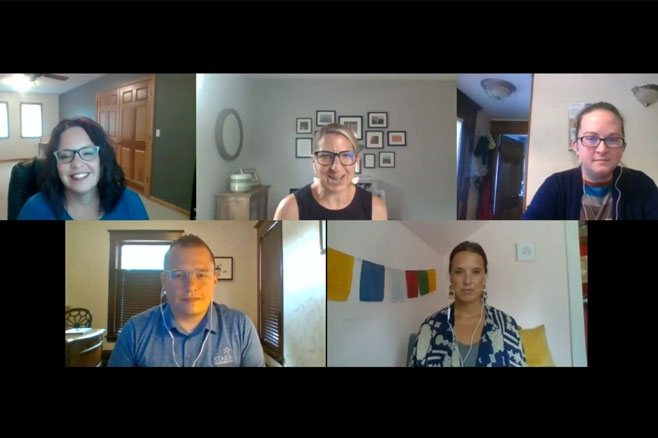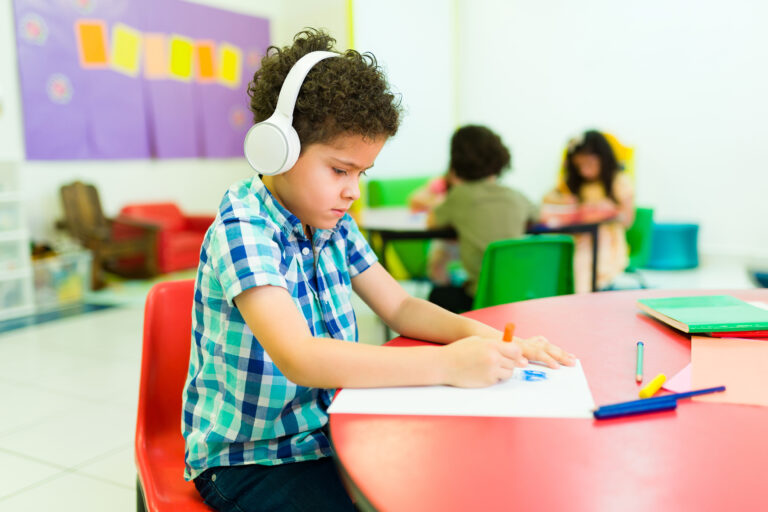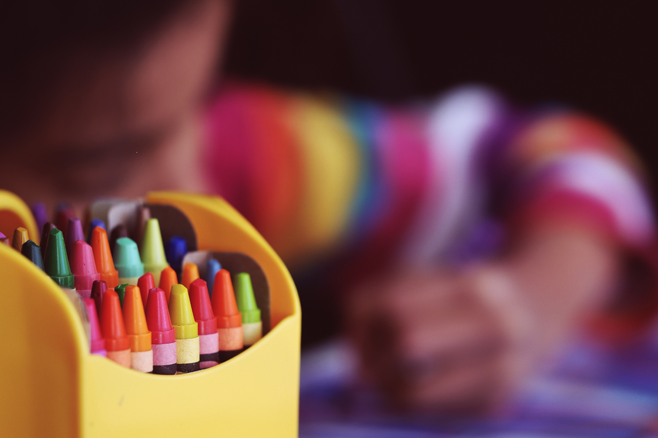Building Mastery in Your Classroom
Mastery is reaching our potential with supports. Mastery is NOT perfection.
The second universal need according to the Circle of Courage resilience model is MASTERY. When we talk about mastery we are not talking about perfection but rather the engagement in activities and tasks with adequate supports in place to allow ourselves to feel good about both our efforts and accomplishments. We all require various levels of support to reach our unique potential. Without support, there is often frustration, giving up easily and not enjoying the learning process. This is true with new rules, academics, sports, hobbies and even social situations.
Any person, of any age, will feel empowered and motivated when given experiences and opportunities to engage in activities that bring them connection and joy and learn new ideas and concepts that have meaning to their lives. When activities and learning are coupled with encouragement, patience and support, resilience builds.
- When teaching in-person or in a virtual classroom, some students may need additional (or even ongoing) verbal or visual reminders about rules and etiquette.
- Developmental age rather than chronological age should always be considered to set students up for success. If a student is developmentally more of an 8 year old than his chronological age 12, what might you modify or provide as a support to help him stay engaged in your lesson?
- Scaffolding new ideas and concepts with a breakdown of steps helps.
- Peer to peer or small group discussions allow for both connection and collaboration.
- Provide real life examples in your teaching.
What are some of the ways you offer support to your students to set them up for success? Much like the Belonging staff self-assessment, Starr Commonwealth offers an assessment to gauge how you are building Mastery in your classroom. Download your free copy below!
Learn more about building Mastery in your classroom with my colleague L. Kathryn Hart in Starr’s course Healing Trauma & Restoring Resilience in Schools.
Our full Circle of Courage staff self-assessment is featured in Starr’s 10 Steps to Create a Trauma-Informed, Resilient School. This resource provides the foundation to empower students, staff, and family. Not only does 10 Steps feature easy to implement steps, but includes case studies, worksheets, and behavior intervention forms. Purchase today and save 50%!








